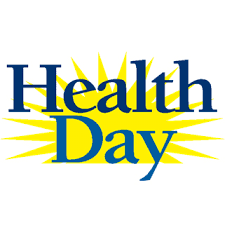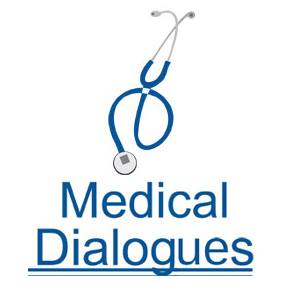Study: Atrial fibrillation affects three times more Americans than previously estimated

Editor's Note Research shows atrial fibrillation (Afib), a heart rhythm disorder, affects 10.5 million US adults—three times more than previously believed, HealthDay News reported September 12. The article focuses on a study from the University of California, San Francisco (UCSF), published in the Journal of the American College of Cardiology.…
Study: Intraoperative DEX infusions effectively manage diabetes in cardiac surgery patients

Editor's Note Intraoperative infusion of dexmedetomidine (DEX) could help improve glycemic control and reduce insulin requirements in diabetic patients undergoing cardiac surgery, according to a July 25 article in Medical Dialogues. The article focuses on a prospective observational study published in the journal Annals of Cardiac Anesthesia. The study included…
Augmented reality headset enables real-time data visualization during surgery

Editor's Note Successful use of augmented reality in a cardiac ablation procedure holds additional promise for training as well as more advanced OR applications, according to a February 29 report from Stanford Medicine. During ablation, a treatment for heart arrythmias, surgeons typically refer to as many as eight screens depicting…
Smartwatches detect irregular heart rhythms in kids
Editor’s Note Smartwatches can detect and diagnose irregular heart rhythms in children that standard physician monitoring may miss, Medical Xpress reports. Published on December 13 in Communications Medicine, the findings are based on a survey of 4 years’ worth of electronic medical records for pediatric cardiology patients at Stanford Medicine…
Acute effects of coffee consumption in adults
Editor's Note This prospective randomized trial by researchers at the University of California San Francisco examines the health effects of coffee consumption on cardiac ectopy and arrhythmias, daily step counts, sleep minutes, and serum glucose levels. A total of 100 adults were fitted with a continuously recording electrocardiogram device, a…

 Free Daily News
Free Daily News